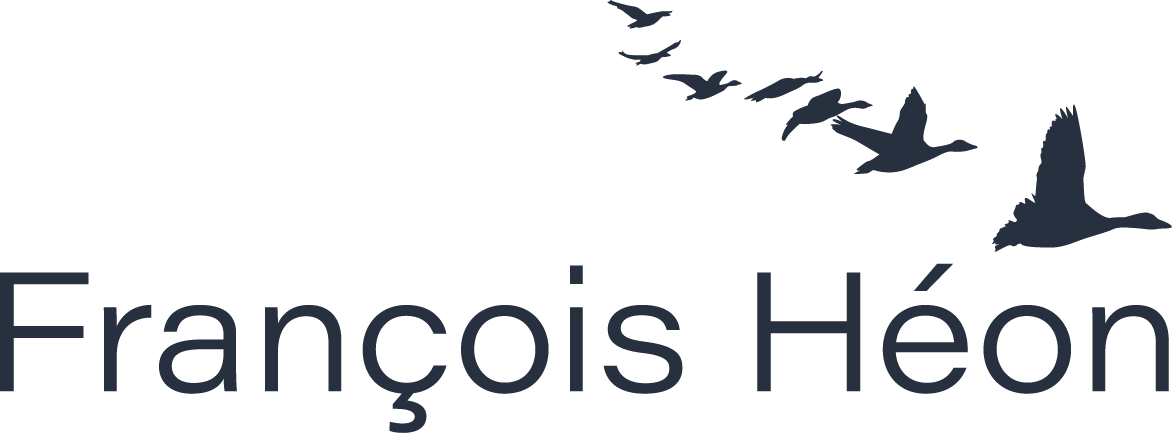Surviving on a desert island, baking the best cake, or becoming the next top model… all of these emotionally charged reality shows are based on competition, but even more so on the human need for social inclusion and its conjunctive fear of exclusion. The fear of being judged, eliminated, not being good enough… This captivates audiences as vicarious fixes of emotionally charged fears being played-out. Leadership, on the other hand, is inclusive of diversity, it creates safe environments which are open and appreciative of different ideas and different people.
Leadership builds unity, engagement, innovation, and ethics, less by fear and control and more by inclusiveness and a sense of community, a sense of ‘oneness’. By creating safe and inclusive environments, groups also create more authentic cultures and therefore more integrity within the system.
As Srivastva, Fry and Cooperrider wrote in their seminal work Appreciative Management and Leadership:
The more the group or organization can accept an uncommon voice and promote the voicing of dissent, the greater the executive integrity of the system… When members actively promote diverse expressions, the group becomes more resilient. When members can appreciate one another’s diversity, they further the integrity of the system.
Similarly, Kim Cameron’s recent research (2017) on positive leadership practices and positive energy in corporations is another eloquent example that shows the direct effect of positive leadership on increased revenues and greater engagement among employees. Cameron’s research also shows that performing organizations have three times more energizing networks (i.e. positive relationships within the organization) than low-performing organizations. These latest findings in psychology demonstrate how leaders can be positive energizers; and humans flourish in positive energy. In the same vein, Ignacio Pavez of Case Western Reserve University shows in his award-winning research how appreciative practices are positively linked to group potency and collective self-efficacy (i.e. the collective confidence a group has that it can achieve a task or an objective together). Pavez (2017) found that high-performing teams shared more positive remarks and more authentic positive remarks with each other than lower-performing teams.
What 20 years ago was considered by some as touchy-feely management practices is now clearly becoming powerful positive social science. To read more on-line resources on positive psychology, visit:
And for more on appreciative inquiry:
This article is an excerpt from: The Yin and Yang of Leadership: A Theoretical and Practical Guide to Democratic Leading (2018)


